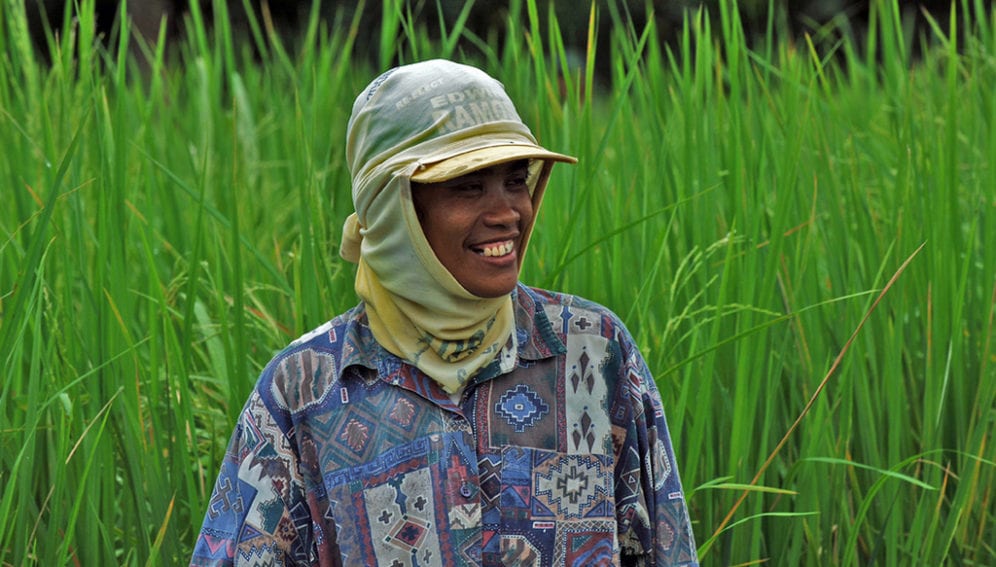By: Henrietta Miers
Send to a friend
The details you provide on this page will not be used to send unsolicited email, and will not be sold to a 3rd party. See privacy policy.
Companies have much to offer when it comes to helping female entrepreneurs in developing countries access markets, says Henrietta Miers.
Ongoing research into controlling cassava diseases in Africa may boost crop yields. The main beneficiaries of this could be female processors of cassava crops — but only if improved yields come alongside better market access.
One interesting initiative, combining the private and not-for-profit sectors, shows how training can help women raise their incomes by overcoming market challenges.
In Africa, women are largely responsible for processing cassava into locally consumed products such as gari (toasted cassava flour) or tapioca. Once uprooted, the crop's rapid perishability makes further commercialisation difficult. In Ghana, for example, around 40 per cent surplus is produced because of limited access to commercial markets. [1]
These female processors need better processing equipment, such as crushers used to make flour, in order to reach new markets with processed products such as higher-quality cassava flour, sugar syrups or livestock feed components. [2]
Investment firm Goldman Sachs and the Goldman Sachs Foundation funds an initiative that aims to improve growth-oriented small businesses owned by women across the developing world.
The Goldman Sachs 10,000 Women project involves a network of local NGOs and academic institutions training women in entrepreneurial skills. Partner institutions, local businesses and Goldman Sachs employees offer support including mentoring on business skills. Female graduates of the programme own small businesses in diverse industries such as agri-business, construction, retail and food services.
One beneficiary is Kabeh Sumbo from Liberia. Her firm sells locally processed vegetable oil to nearby restaurants and hotels and to the public. Since graduating, Kabeh has applied for a loan to expand her business, taken on six employees and opened two warehouses.
Christine from Rwanda, another programme graduate, runs a banana wine business. She has ambitious plans to buy equipment and triple her workforce over the next two years.
Goldman Sachs is not the first company to promote female entrepreneurship alongside the voluntary sector. Others include Mondelēz International, the GB Group or Accenture. [3]
But more businesses still can learn from such initiatives. Earlier this month, Justine Greening, the UK secretary of state for international development, called on UK businesses to join the "development push", specifically recognising that "investing in women is hugely powerful". [4]
Kabeh and Christine's stories show how a blend of the corporate, voluntary and, in this case, academic sectors can bring major results for small-scale female entrepreneurs.

Henrietta Miers has worked across Africa and Asia as a gender and social development consultant for 15 years, specialising in gender policy. She is senior associate of WISE Development, a consulting company that focuses on boosting the economic opportunities for poor women.
References
[1] Kyiamah, A. Cassava beer in Ghana — new beer, new opportunities (Business Fights Poverty, 14 March 2013)
[2] African Agricultural Technology Foundation Cassava Mechanisation and Agro-Processing Project (African Agricultural Technology Foundation, accessed March 2013)
[3] Mayne, M. Private sector and women's empowerment — weaving together two strands of development's "Golden thread" (Business Fights Poverty, 28 February 2013)
[4] Greening, J. Investing in growth: How DFID works in new and emerging markets (UK government, 11 March 2013)














